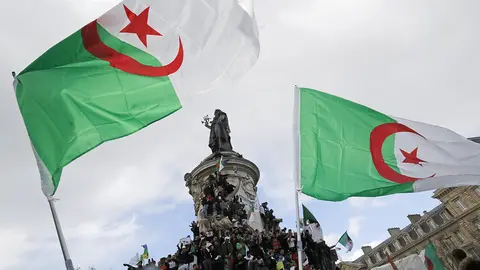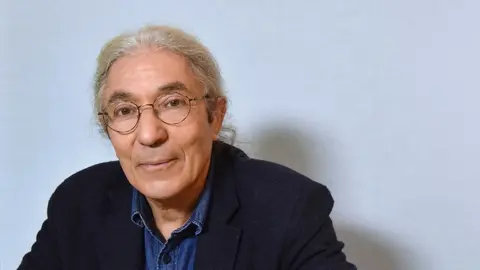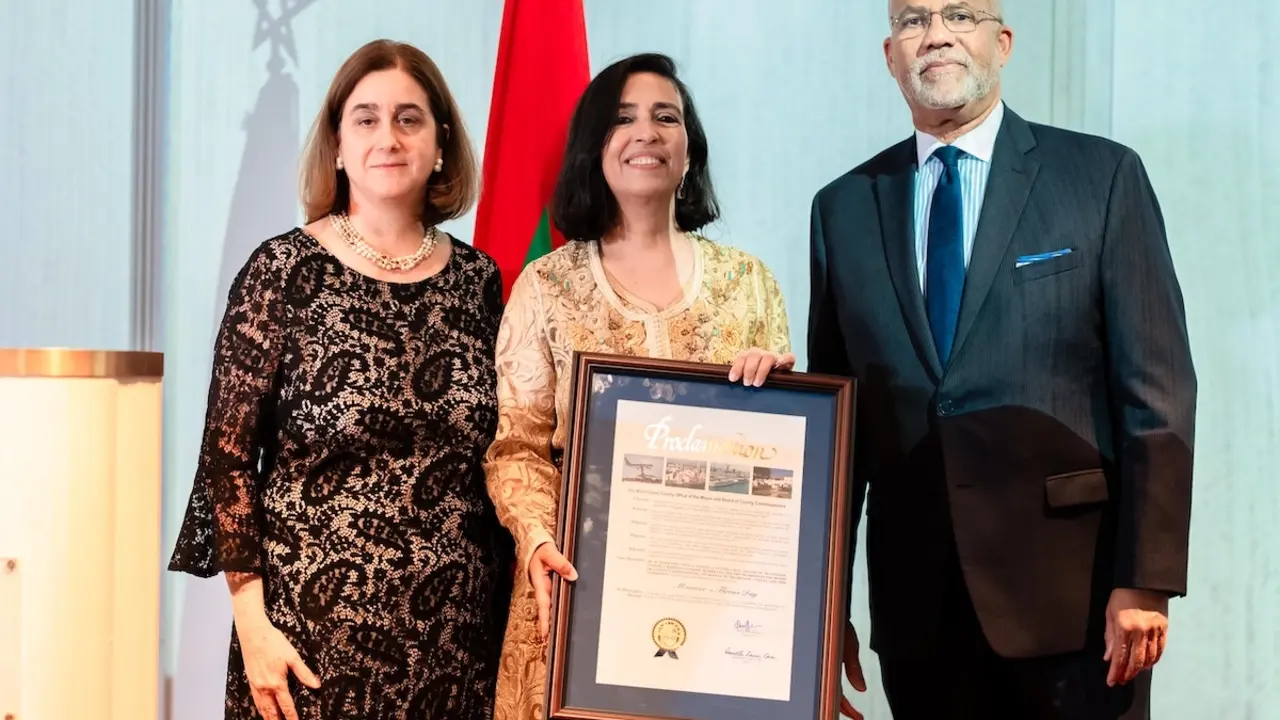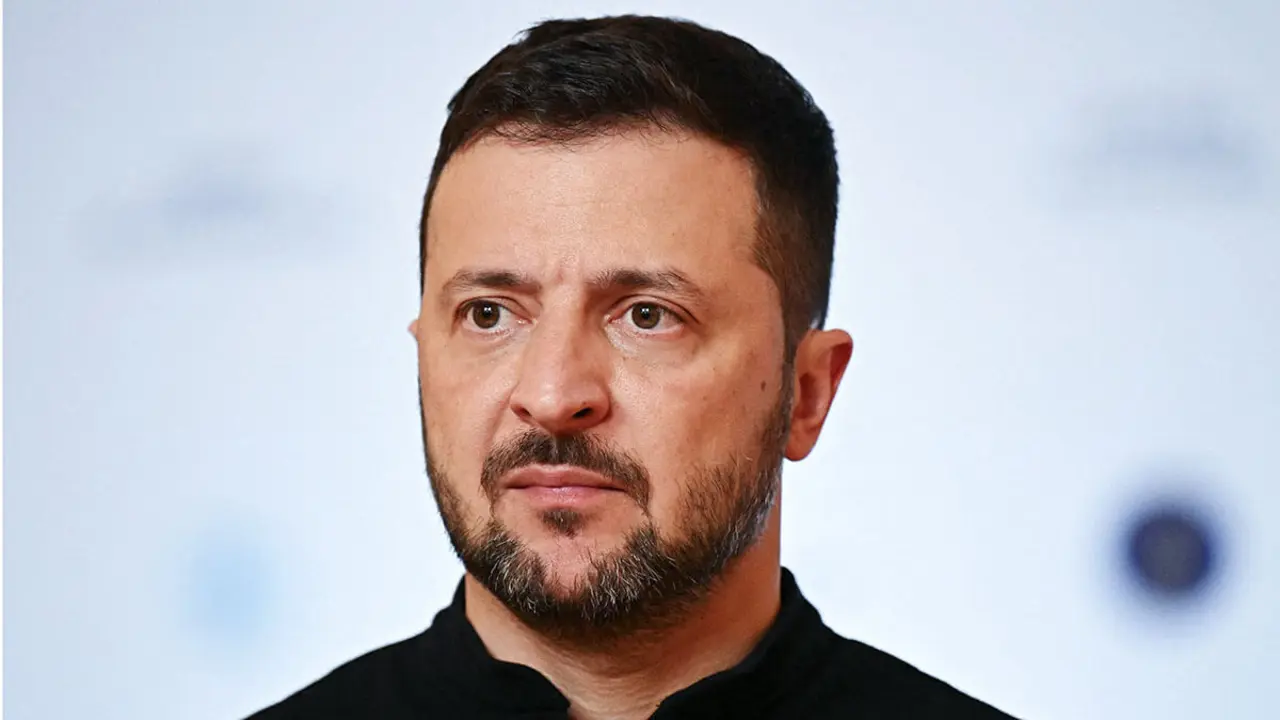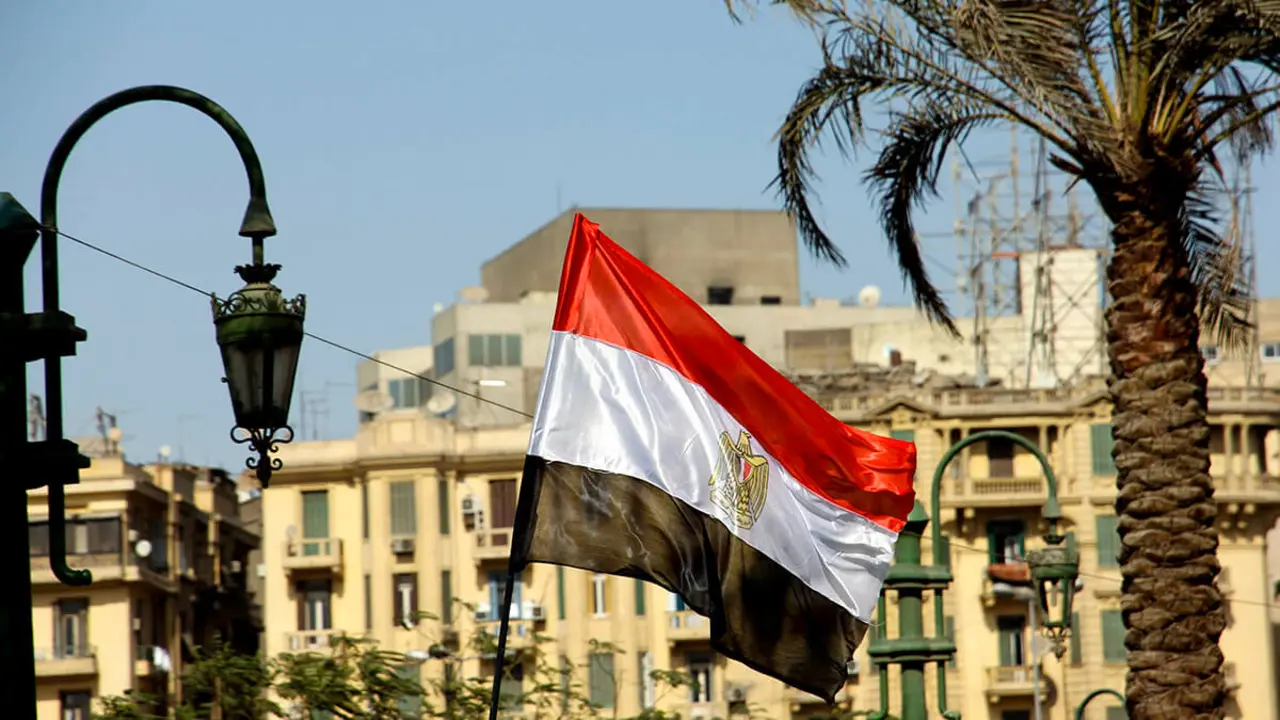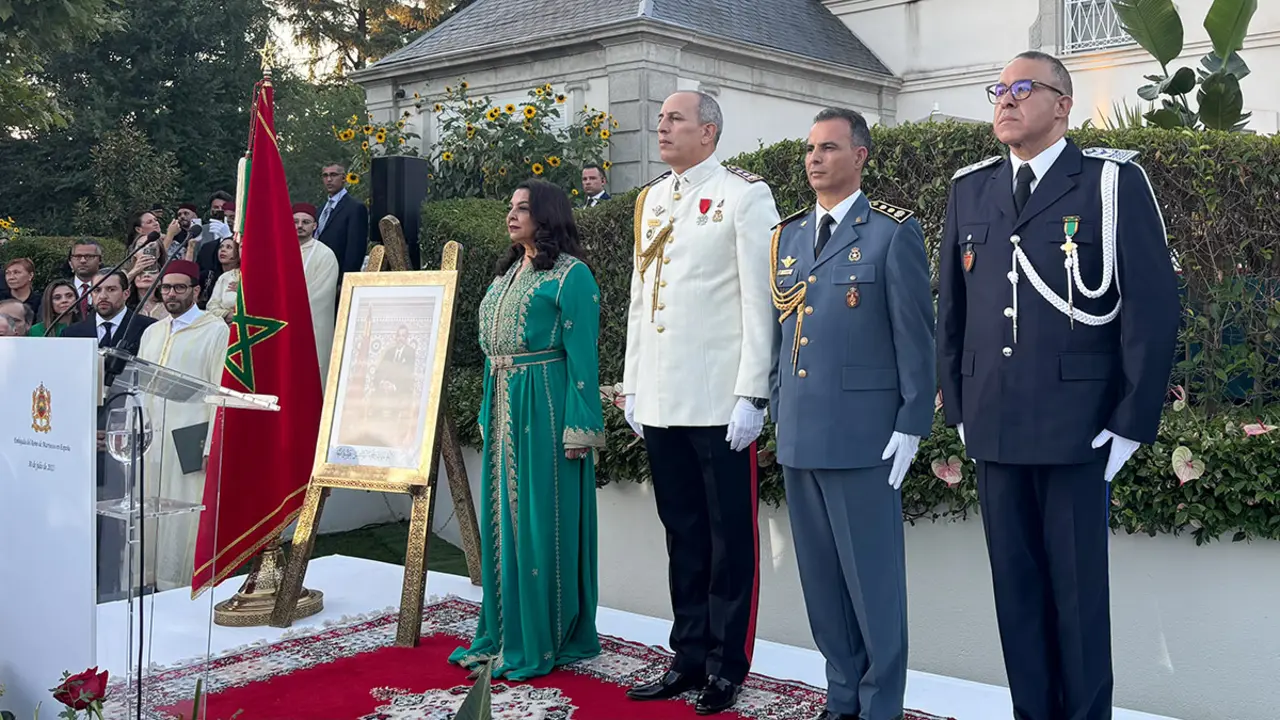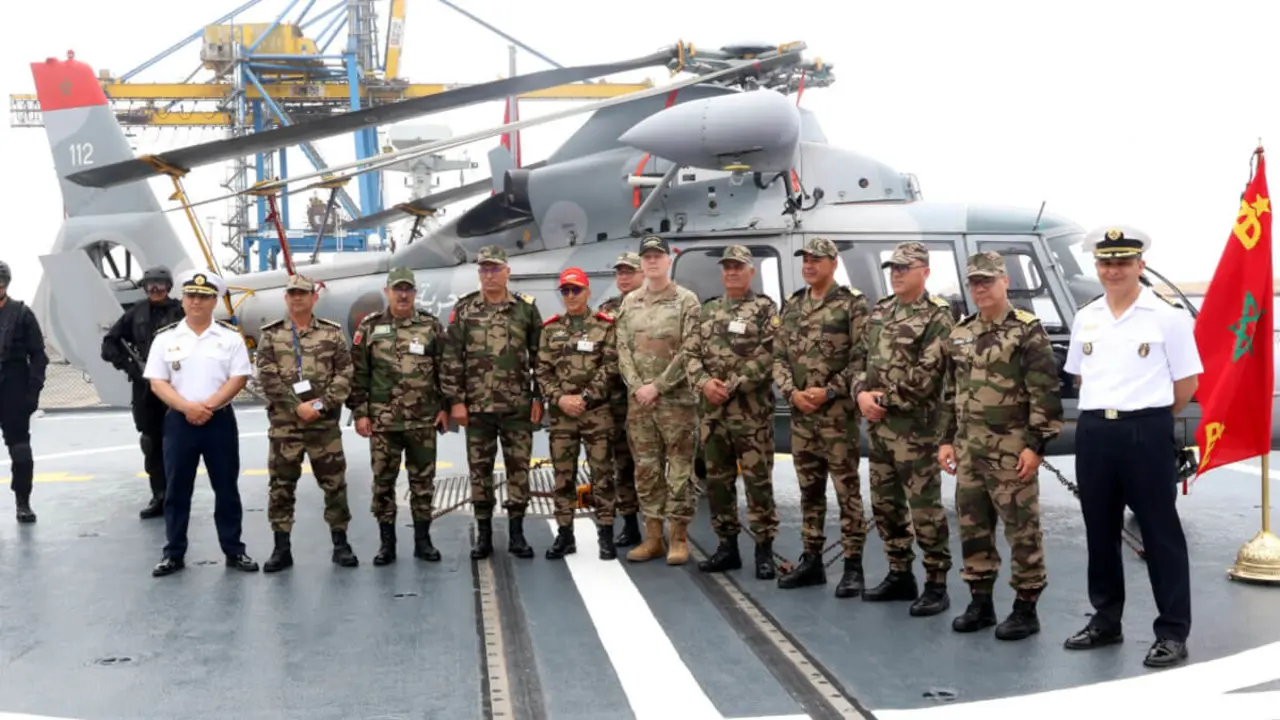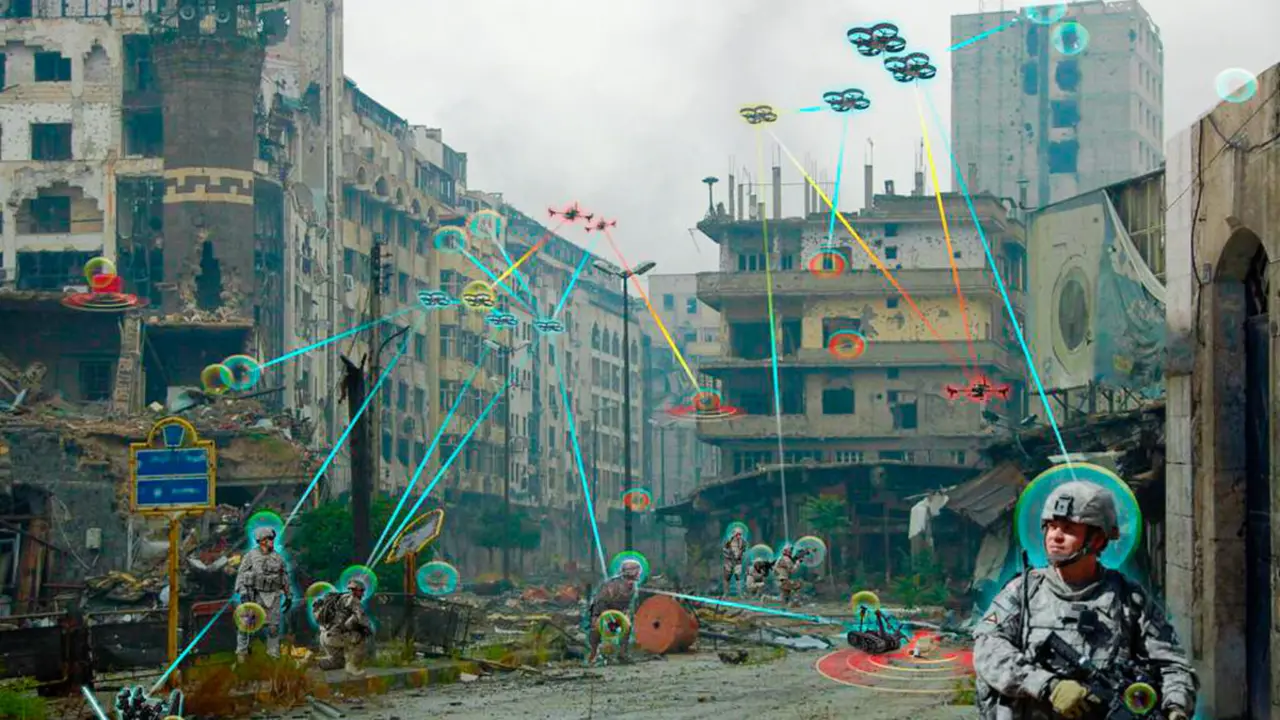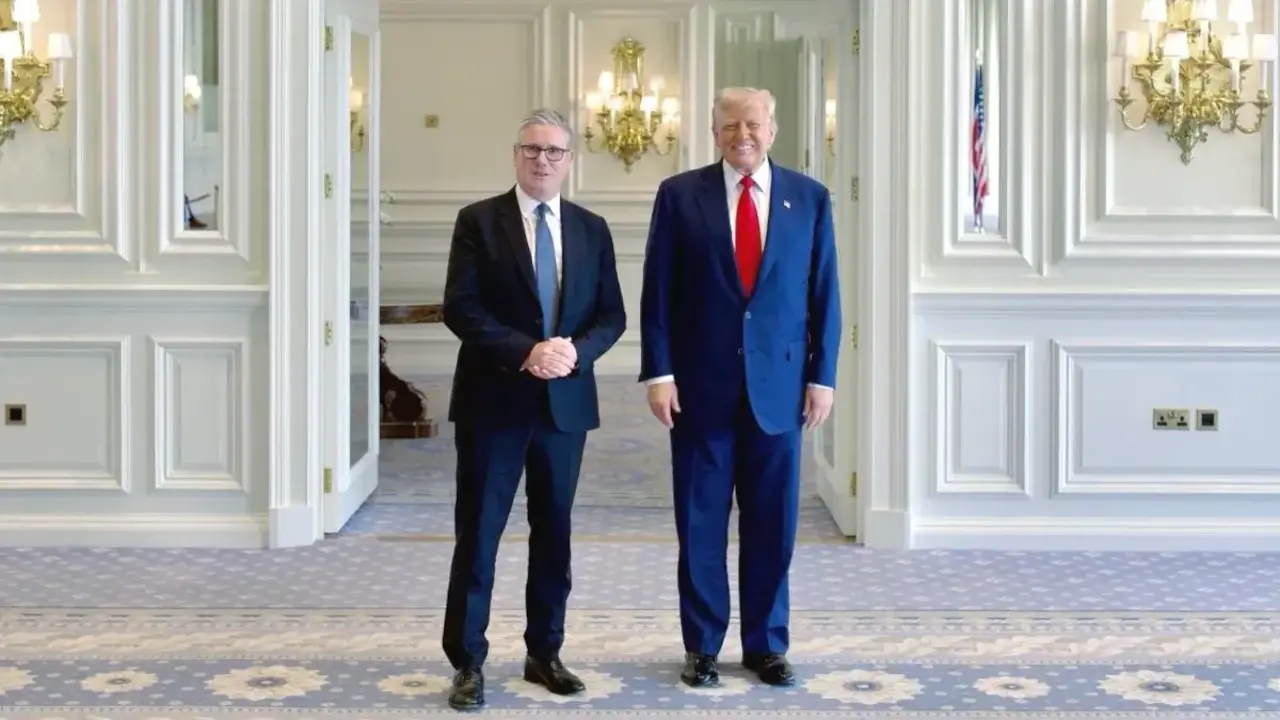Algeria ranked 139th in the world in terms of press freedom in 2024
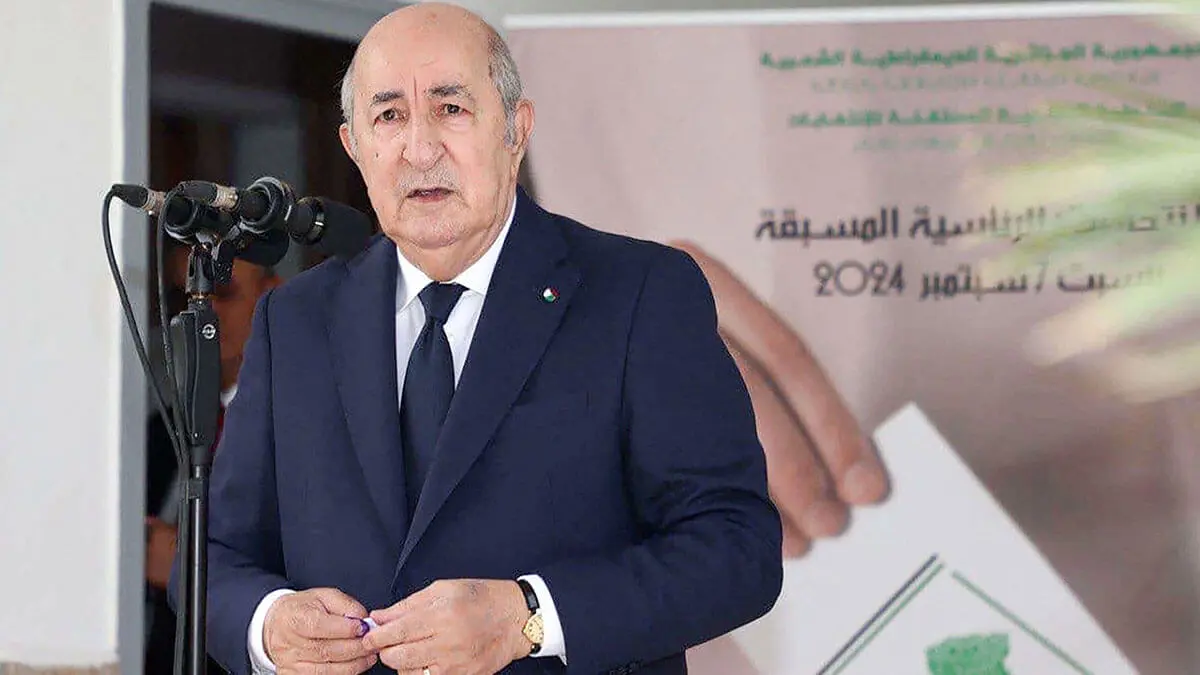
- Lack of freedom of expression
- A Decree to control digital journalism
- Official media, a source of disinformation
Algeria's Minister of Communication, Mohamed Meziane, warned, during a conference called ‘The Ministry's media policy to face the challenges affecting the internal front’, of the danger of relying on unofficial and suspicious sources for information, stressing the importance of ensuring accuracy in this area, in a move that shows the tendency of the authority to restrict information to specific parties.
News and information circulating on social media is an obvious concern for the Algerian regime, as it highlights popular discontent and widespread criticism of the country's own regime. For example, a recent social media campaign called ‘Manish_Radi’ expresses popular discontent and has been widely circulated.
Likewise, the latest issue of Army magazine highlighted Meziane's warnings about the dangers of relying on unofficial and suspect sources. Furthermore, the minister stressed the importance of achieving accuracy in this field, as it is a fundamental value in the processing of information, and referred to cyberspace as a field open to negative influence on social cohesion.
To curb the spread of false information, Meziane mentioned that the Ministry of Communication has adopted an integrated policy aimed at strengthening the media system. In this way, media content will be produced that positions Algeria as a victorious and strong country, as well as upholding national values.
This integrated policy also includes continuing the localisation of websites, as well as modernising and securing the infrastructure of the communications sector.
The Algerian House of Representatives, in April 2021, approved amendments to the Penal Code, including articles criminalising the publication and dissemination of false news. One of them stipulates: ‘Whoever intentionally publishes or promotes false news by any means that undermines security and public order shall be punished with imprisonment of one to three years’.
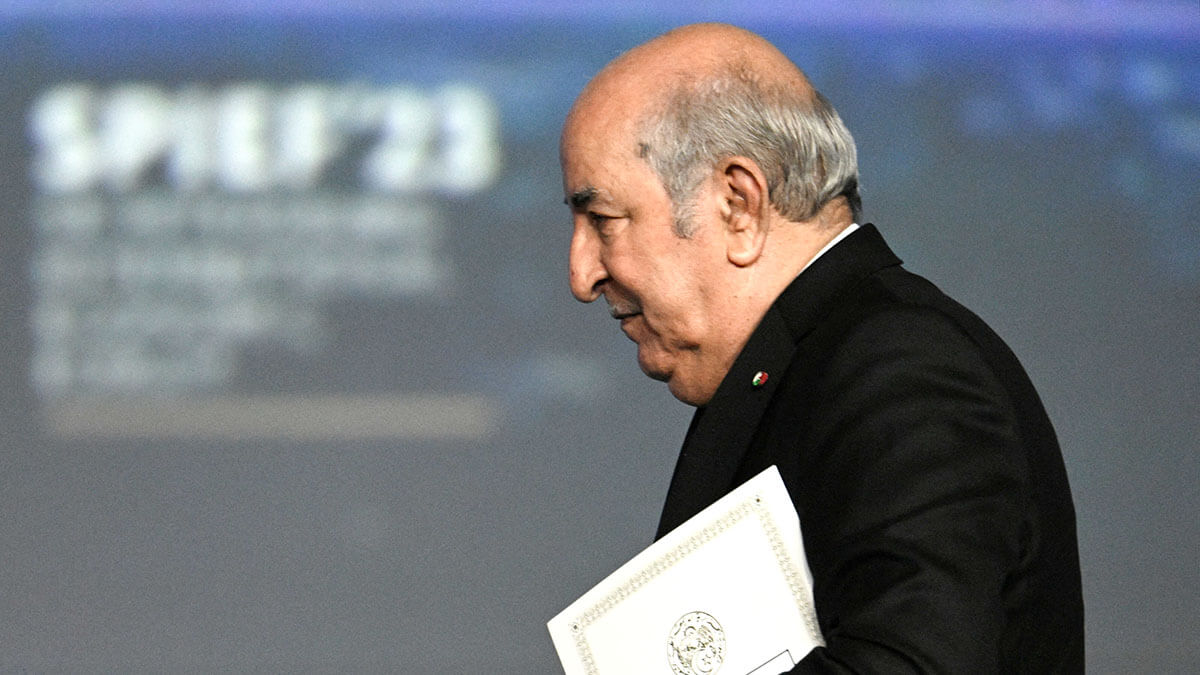
Lack of freedom of expression
In Algeria, the dissemination of information faces challenges to freedom of expression and press freedom in the country. For example, according to Reporters Without Borders, issues such as corruption and repression of demonstrations are considered sensitive, and reporting on them can compromise journalists with legal issues.
In addition, journalists reporting on issues such as the Hirak, a popular protest movement in Algeria that began in 2019 and is fighting for democratic reforms and renewal of the country's political system, have been arrested and face serious charges such as terrorism charges.
On legal issues, an Information Law came into force in 2023 that does not allow, for example, dual citizens to own a media outlet. This law also obliges all media outlets to justify their share capital and the origin of the funds invested, prohibiting any kind of foreign funding.

The arrest of people like Khaled Drareni, who fight for press freedom, also exemplifies the repression of independent journalists. In the same way, the writer Boulamen Sansal can be mentioned, as he is an example of how little freedom of expression exists in the country. The writer was arrested at the airport by Algerian authorities, as he was accused of attacking state security. Even the Algerian president himself claimed that he was an impostor sent by France.
Another important point is that the economic crisis has led to the closure of several media outlets, especially those that are independent and not supported by the Algerian government. It is worth noting that Reporters Without Borders stated that Algeria, according to the 2024 Press Freedom Index, ranked 139 out of 180, which shows the restrictive environment for the media in the country.
A Decree to control digital journalism
Since 2012, digital journalism has had a legal framework, although the measures and conditions for this practice were not determined until 2020 with Decree 20-332 specifying the methods of conducting the dissemination of information via the internet. This Decree was issued following government statements mentioning biased fake news campaigns.
At the time, social media activists claimed that talking about corruption issues among some officials aroused discontent with the authorities, as people close to the army were mentioned.
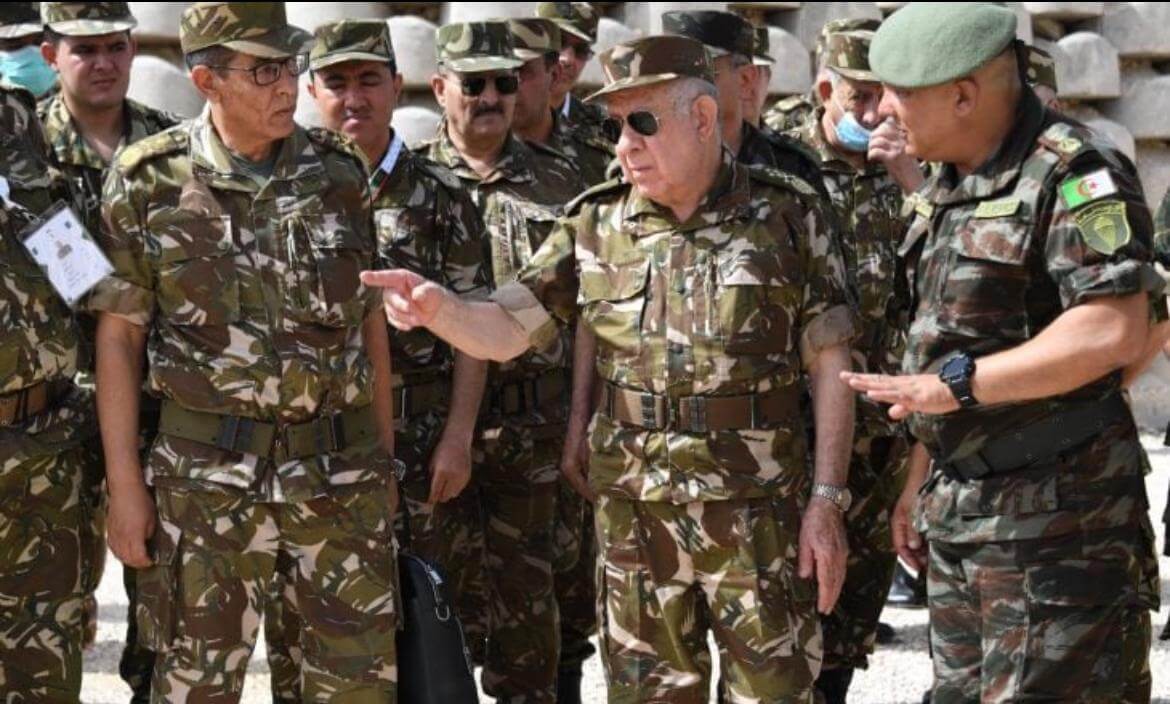
The Algerian government tried to get its loyalists to take ‘command’ of digital journalism in a way that would put it on its side and promote a narrative that suited the authority, as several websites specialised in propaganda for the regime publish any convenient information.
This government strategy would serve to confront independent news reports, especially foreign ones, on the grounds that they are fabricated information and fake news sources because they come from other countries.
Official media, a source of disinformation
Abdelmadjid Tebboune, Algeria's president, consistently calls on the country's media to support the state's efforts to respond to the war facing Algeria and emphasises the creation of tools to control curricula and knowledge to deal with fourth-generation wars.
An Algerian journalist, who preferred to remain anonymous, stated that the irony in his country is that the authorities are making great efforts to combat fake news, while the official media, including the official news agency, have been stigmatised as sources of disinformation and rumours. Furthermore, he added that the Algerian official media takes misleading and incorrect information under the pretext of dealing with hostile discourse and conspiracy against the country.
The Algerian government relies on conspiracy theories to portray the opposition media as part of a foreign-backed plan to destabilise the country. It also classifies human rights defenders and activists as ‘agents’ of hostile states.
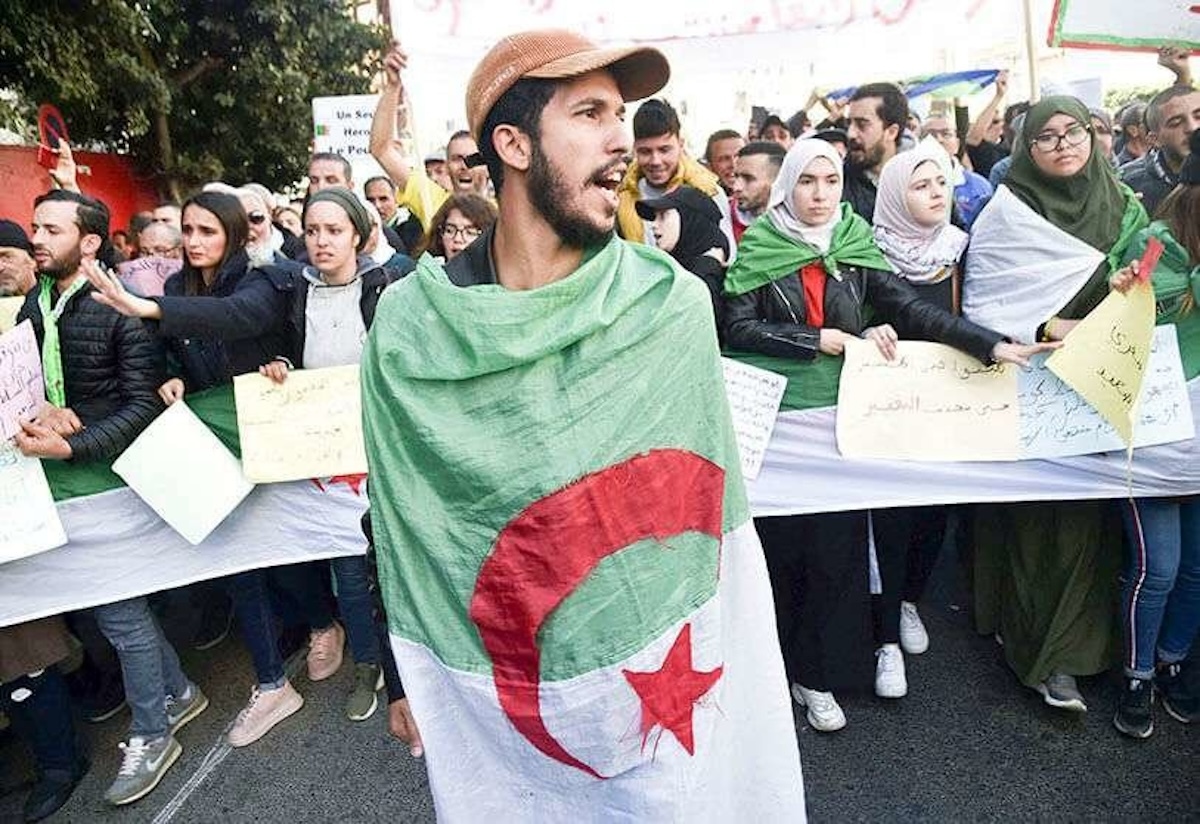
Tebboune has used this method on several occasions and claims that foreign interference is behind the protests and opposition. An example of this is when the Algerian president accused Morocco and Israel of inciting unrest and, for this reason, the state-controlled media supported the idea that activists, inside or outside the country, are puppets of external forces.
This is a false narrative and the prosecutions to which activists are subjected are based on it. Moreover, the Algerian authorities not only directly target activists, but also harass and intimidate their families. In this way, they achieve the strategy of silencing the opposition.
In a statement addressed to the Algerian government by the United Nations High Commissioner for Human Rights, it expressed understanding of the security challenges facing the country, but warned of the dangers of restricting freedom of expression through Law 20-06 of 22 April 2020. This law punishes contempt and insults to officials in state institutions and also punishes for spreading false news.

